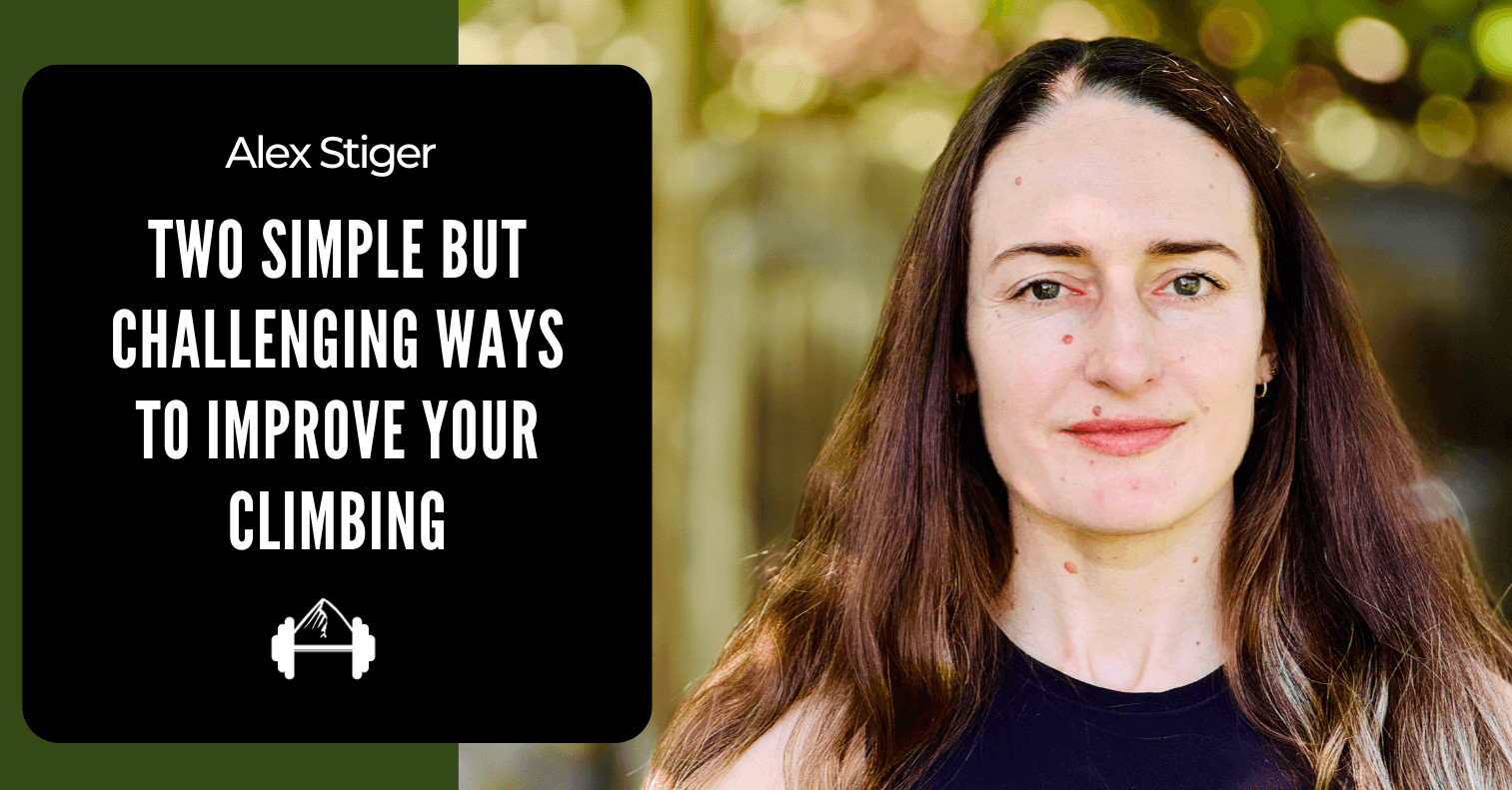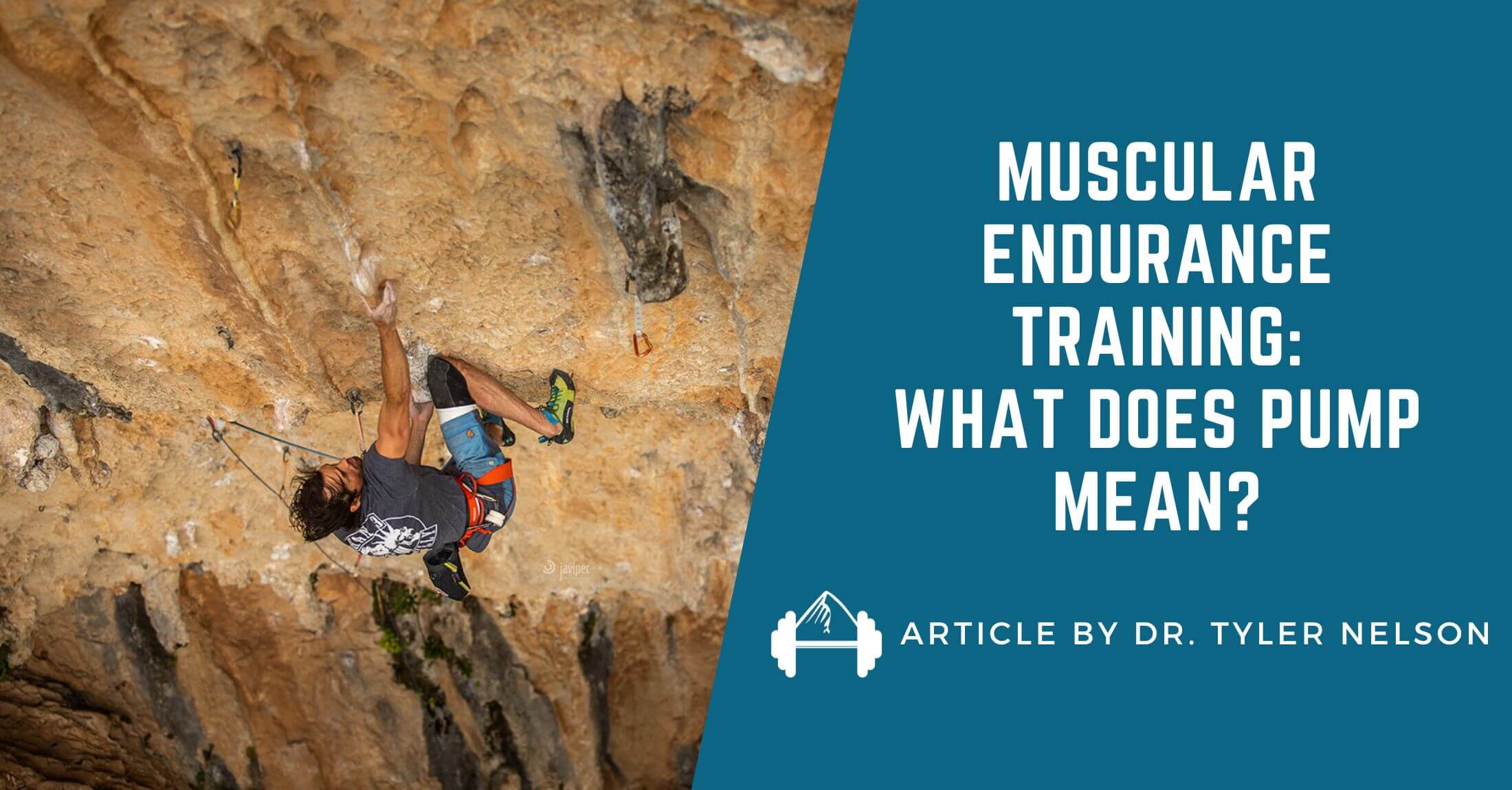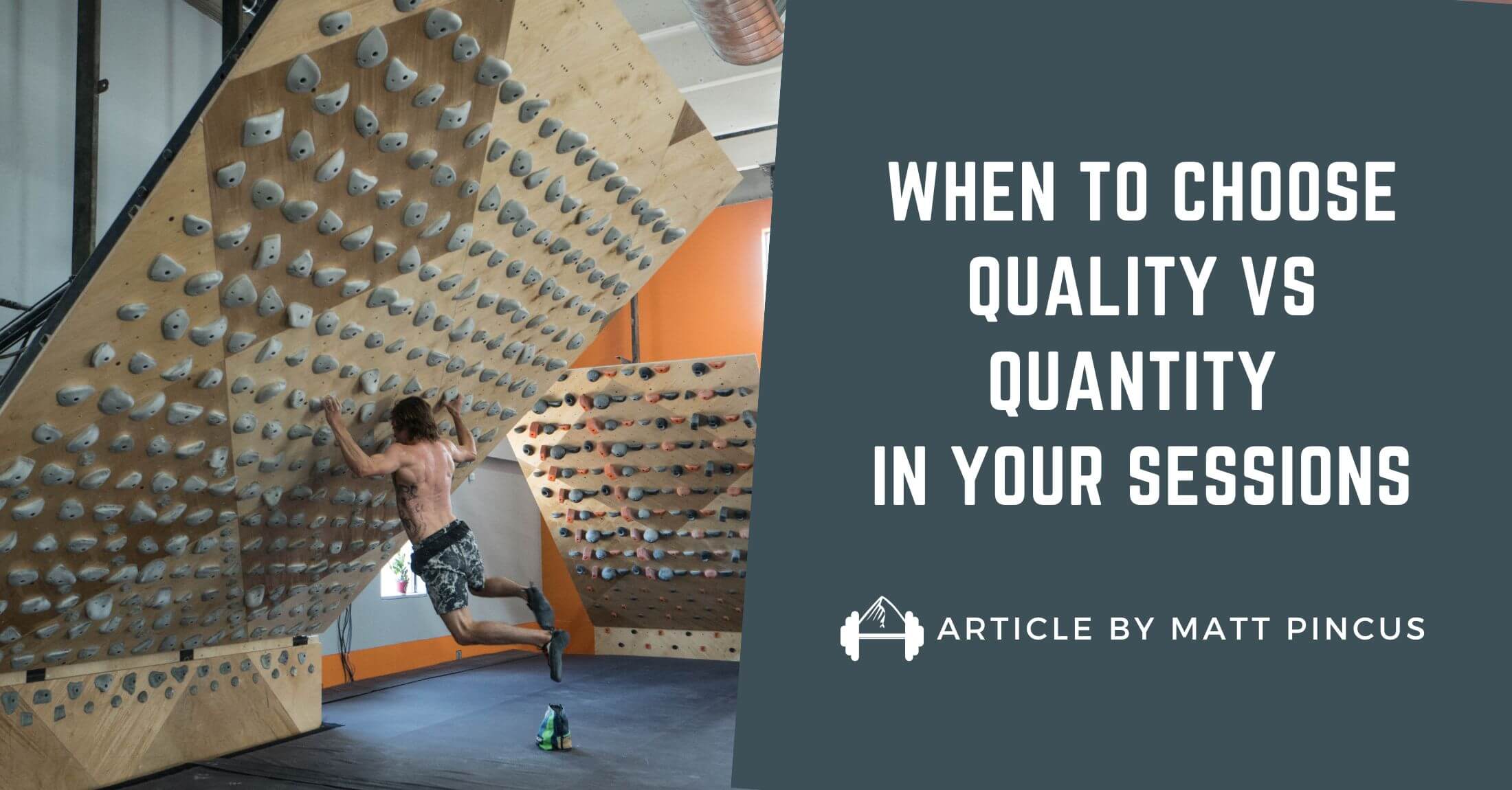This post was kindly written by a friend of mine, Meghanne Reburn, who was my nutrition client before she was my friend. Her story is so compelling and educational that I asked her to write it out for you all. Basically, Meghanne took climbing, exercise, and dieting too far and did some damage to her health. She generously and vulnerably told her story of how she’s getting her life and health back now. Thank you, Meghanne!
Enter Meghanne…..
I’m not a professional climber; I’m just a woman who loves to climb.
This is my story about how climbing ruined me and saved me all at the same time.
I found climbing 10 years ago when a friend took me out, and I soon fell in love with the movement, challenge and community that climbing offered. Three years later, I met a man….a mountain guide.
We fell in love and started to make a life together. He challenged me to be both a better person and better climber. He taught me how to push myself beyond my comfort zones both on and off the rock.
We became engaged, and both decided to pursue new careers in the world of medicine. He was at med school and I went back to university to become a midwife. There soon became little time to climb. The pressure of school and training for climbing became intense but was still manageable. Then, suddenly, my partner died in a tragic free diving accident.
My world was rocked to the core.
Like many women and climbers alike I have struggled with issues around eating, restricting, and body image since my early teens. Although climbing offered me many beautiful challenges, it also offered an outlet for my tendency toward restriction and self- flagellation. I longed to “look like a climber” with a tiny body.
After my fiancé died, I quickly began to spiral out of control. On the outside, I managed a high-pressure residency and graduated valedictorian, but on the inside I was a mess. I expected myself to climb at my best despite not being able to dedicate a lot of time to training or actual climbing.
I noticed that the lighter I got, the easier it was for me to maintain my climbing grade. After all, climbing is all about optimal strength to weight ratios right?
So, I decided that being as light as I could would ensure I could maintain my climbing fitness despite not being able to climb. It became an obsession and an addiction. I dropped a bit of weight and found I could still climb pretty well off the couch.
After I graduated from school I moved back to the mountains and set up a busy practice as a midwife. The beauty of where I lived was that I could climb while being on call for births. Perfection. I tried to get out as much as I could while working upwards of 80hrs/wk. After a few years, I lost everything that made it sparkle for me in the past.
When I couldn’t climb a route I’d tell myself I was “stupid-fat and ugly”, a common mantra that I’ve seen many climbers recite.
I’d clip bolts all day and then go for long runs in an effort to keep my weight down. I’d restrict what I ate and obsessively counted calories. I thought these behaviors would make me happy, but the reality was that they only made me a grumpy hermit. My personal relationships suffered and I began to look, climb, and feel like crap.
All the physical and nutritional stress I was putting on my body coupled with a crazy career sent my adrenal system into a tailspin. For those of you who aren’t familiar with adrenal fatigue, google it, it’s also been coined the “new yuppy flu”. While it’s true–I do own multiple pairs of topsiders–let me tell you, adrenal fatigue is measurable and very real.
Here’s what happens when you eat too little and climb too much while your stress levels are super high on top of it all…
My cortisol levels (the body’s stress hormone), which had previously been on hyper-drive couldn’t sustain the stress anymore and took a nosedive. My estrogen, progesterone, testosterone and thyroid levels followed suit. I developed early onset osteoporosis as a result of chronically low estrogen and by summer 2012 I found myself in crisis…it was time for a total time out.
After years of eating barely 1200 calories a day, my 5’4.5”(that half inch matters) body went from a healthy and strong 118lbs to 102lbs. If you read Neely’s post on weight loss, this would put my BMI at 17. Well into the underweight range.
My mind was consumed with food… seriously; it was almost OCD, which I later learned was a common side effect of restriction. I tied up all my self-worth in the grades I could or couldn’t climb and how much I weighed. Climbing was consuming my life and had started me on a road to self-destruction.
It was time for a total change.
Warning signs that I was in trouble (hopefully this isn’t you…):
- Persistent fatigue and restless sleep
- Poor performance. Your sends aren’t as strong as they used to be or your endurance “shits the bed”
- Chronic injury and poor recovery. This manifests in climbers most commonly with shoulder injuries.
- Depression, anxiety and grumpiness. Personal relationships suffer and libido nose-dives (this is not hot).
- Pre-occupation with food and strange eating habits
- Weight loss initially and then a plateau as your body’s metabolism adjusts to a lower caloric intake.
- Women may lose their menstrual cycle (I did).
How did I recover?
- I stopped climbing and stopped all climbing related activity. No gyms, no hangboards, no rock rings, nothing. I needed to not train for anything and remove myself from the thing that defined my self worth. Drastic but necessary.
- For me this meant removing myself from my climbing community and moving across the country to a big city.
- I journaled what I was feeling and found that it helped me see what a negative pattern I was in.
I got help:
- I began seeing a grief therapist
- I got the help of a holistic nutritionist. Neely was a BIG HELP to me. I’ve followed a Paleo diet for the past 5 years and she understood both my dietary philosophy and was a climber herself. She fed me the tough love I needed to help support me nutritionally.
- I slowly increased my calories and decreased my activity. This was really hard but necessary.
- I tried to rest, laugh and spend time with family but most importantly, myself.
When I removed climbing and all the other mountain activities that defined who I was I lost myself and it has been the hardest thing I’ve ever done.
Over the past 18 months, I’ve had to break myself down to build myself back up again. I’ve had to rediscover who I was when I didn’t place all my self worth and identification on how hard I could climb. This was hard (really hard) but do you know what I discovered? I love climbing and I need it in my life. What I don’t need is the punitive mindset that climbing brought out in me and I don’t need it to define who I am as a person. So, in time, I chose to release it. I chose to surround myself in happiness and positivity.
I recently moved home to the Canadian Rockies and have begun climbing again. I’m not 102lbs anymore and it’s okay. I’ve noticed that when I’m moving on the rock I’m happy. Creating rules for myself around food and weight was just a metaphor for trying to control the chaos that was surrounding me. Climbing created an excuse for this behavior but has also offered an outlet to heal all the pain that I held in my past.
Since I’ve been learning to let go of all the expectation I’ve realized that when I’m moving on the rock, life is simple. My mind is at peace and the world is quiet. I’m focused, present, connected to the earth and in the moment.
I breathe with intention and ease. This is the essence of being alive and living with real joy. When I’m happy I can care for my clients with greater ease and my life is injected with positivity that is contagious.
I no longer care if I can’t climb at a certain grade… well perhaps that is not totally true, but I’m trying to keep it real and when I find myself slipping into the dark spaces of my old habits I remind myself of where I’ve come from and where I want to go. It’s a dragon I’ll continue to chase for years to come.
Climbing is about injecting joy into our lives. Food is fuel and rest is where magical recovery happens.
I am so thankful for the gifts that climbing has given me. This summer I’ve decided to take the whole summer off from clinical care. I plan to travel, climb, connect with new people and find the joy in a spontaneous life again.
I’m so excited for what the future holds and honored to be able to share my story in the hopes that it may inspire others to exercise some positive change in their own lives.
About Meghanne Reburn
 Meghanne is a freelance writer, Registered Midwife and enthusiastic climber who lives in Canmore Alberta. She’s been climbing for 11 years, and although she’s not the strongest climber, she maintains the ability to climb the occasional 5.12 ‘off the couch’ and often manages to get a few pitches in even after attending a 20hr birth.
Meghanne is a freelance writer, Registered Midwife and enthusiastic climber who lives in Canmore Alberta. She’s been climbing for 11 years, and although she’s not the strongest climber, she maintains the ability to climb the occasional 5.12 ‘off the couch’ and often manages to get a few pitches in even after attending a 20hr birth.
Meghanne’s working on her MPH in International Health and manages a blog, CaveGirl Plus One, where she writes about the benefits of a Paleo diet for fertility, pregnancy, and optimal health.
(photo at top by Sarah Hueniken, Monsant la Morera, Spain 7a+)








Thank you for sharing this. I struggled with this for quite some time before getting severely injured and finally getting the help I needed. Hopefully this can help others too!